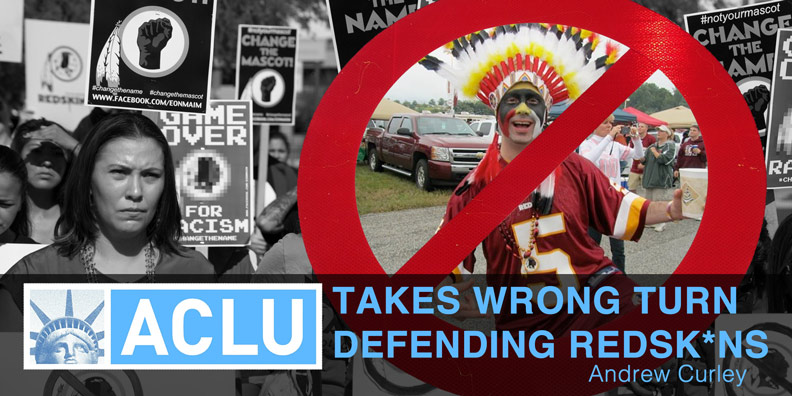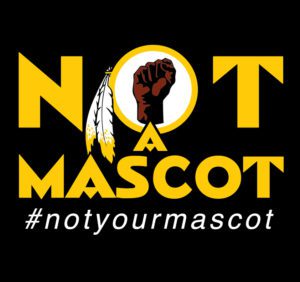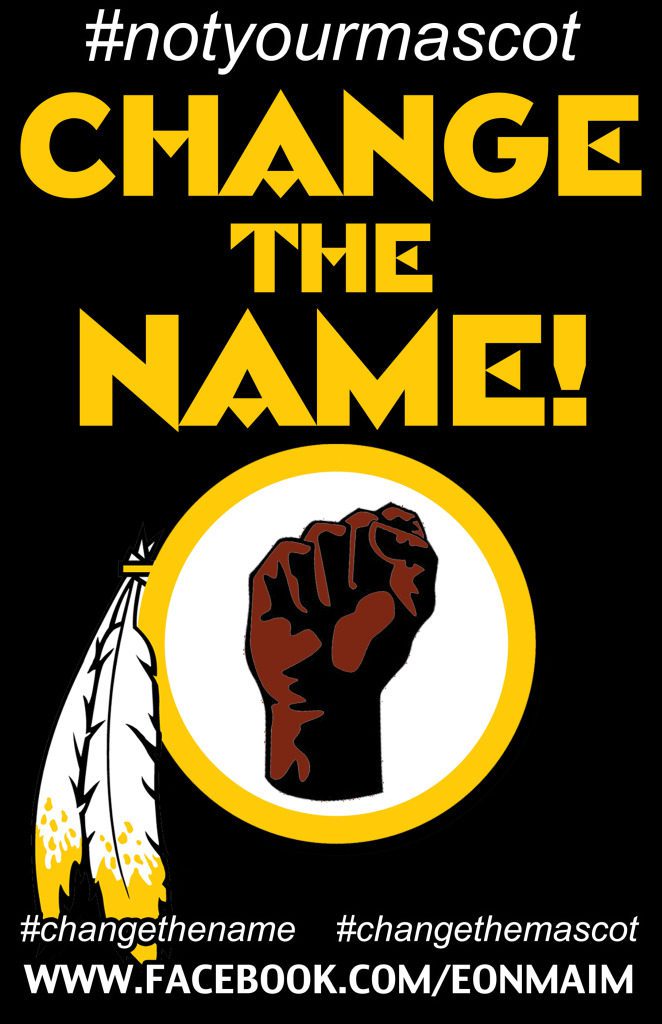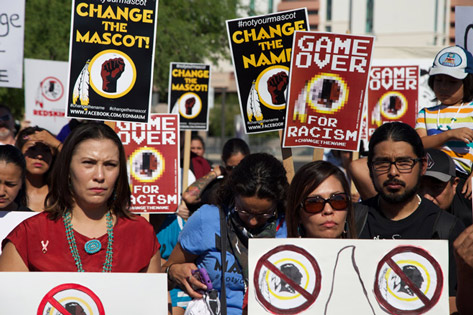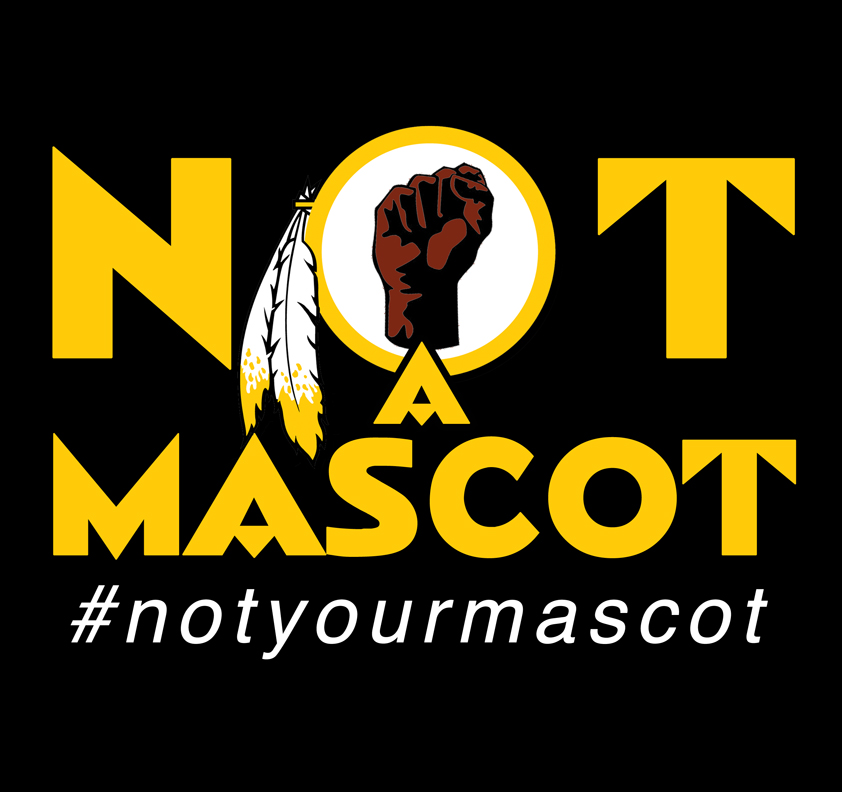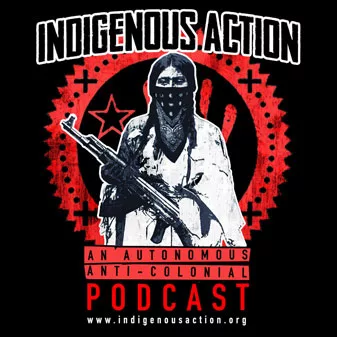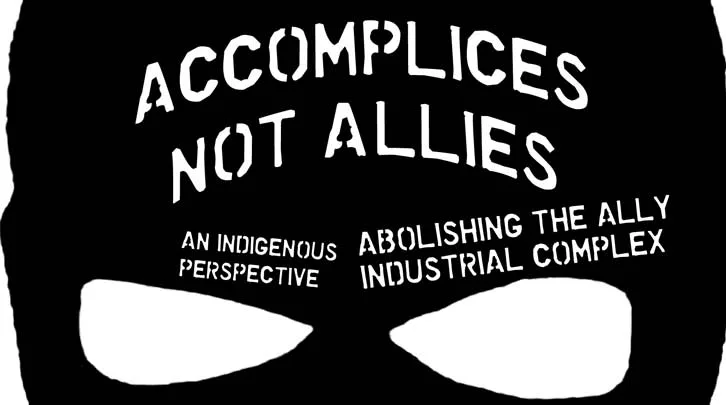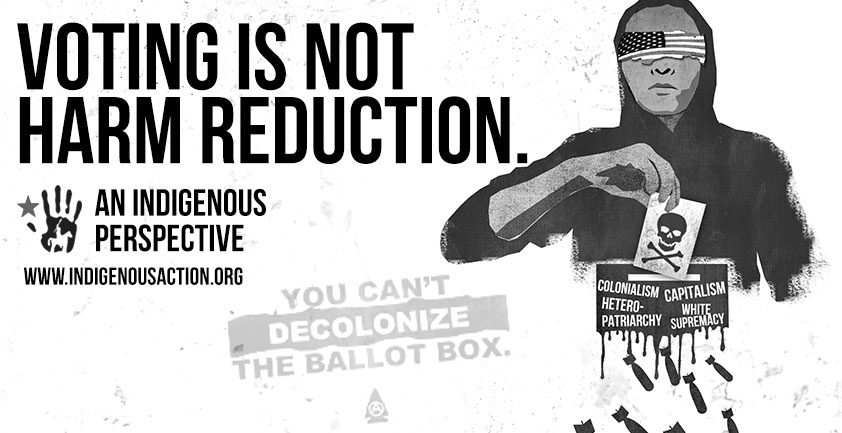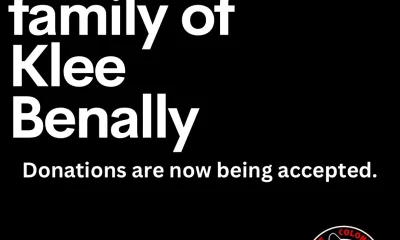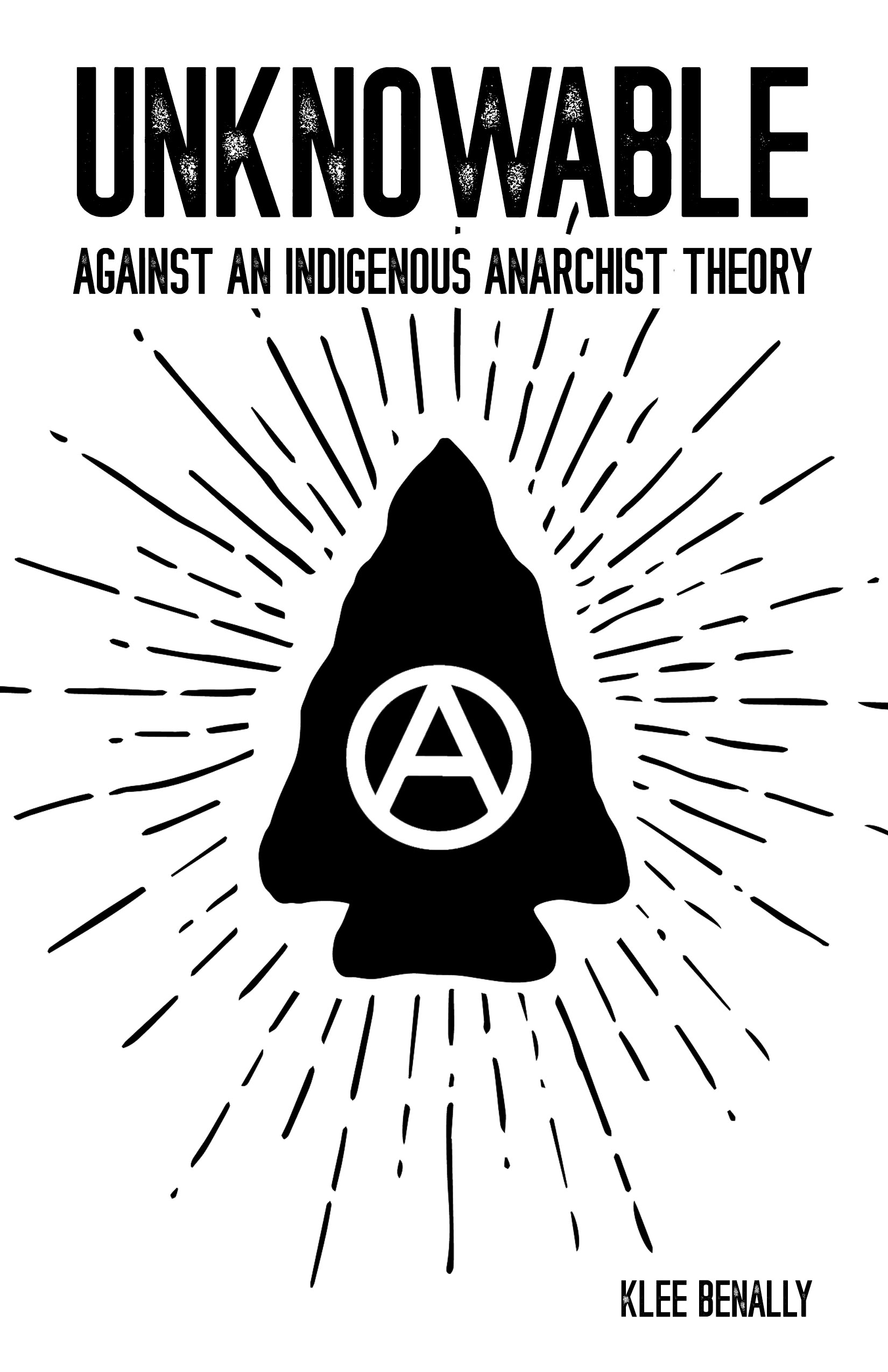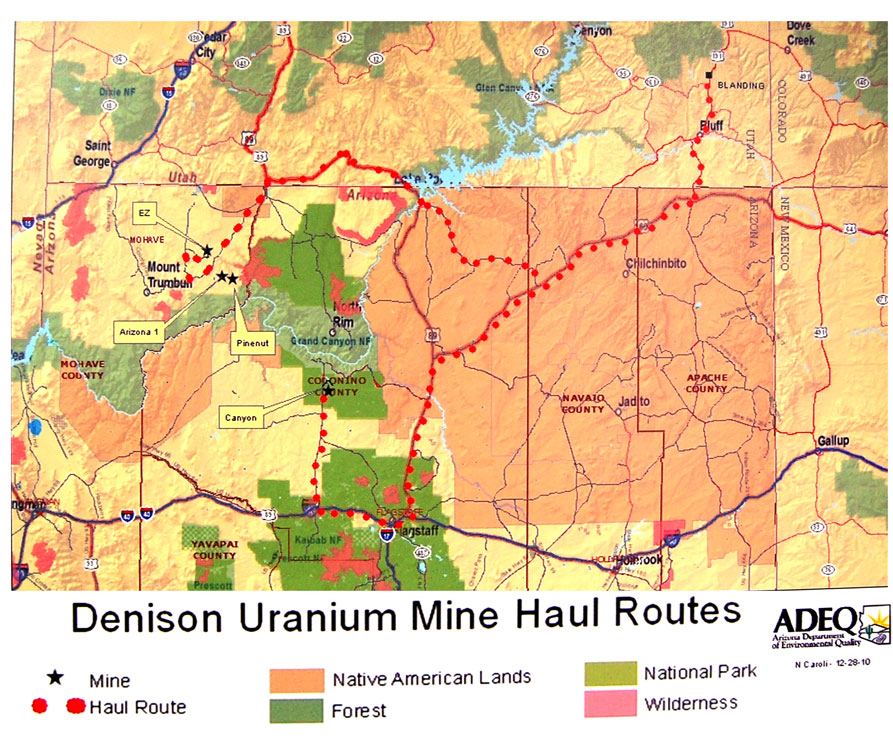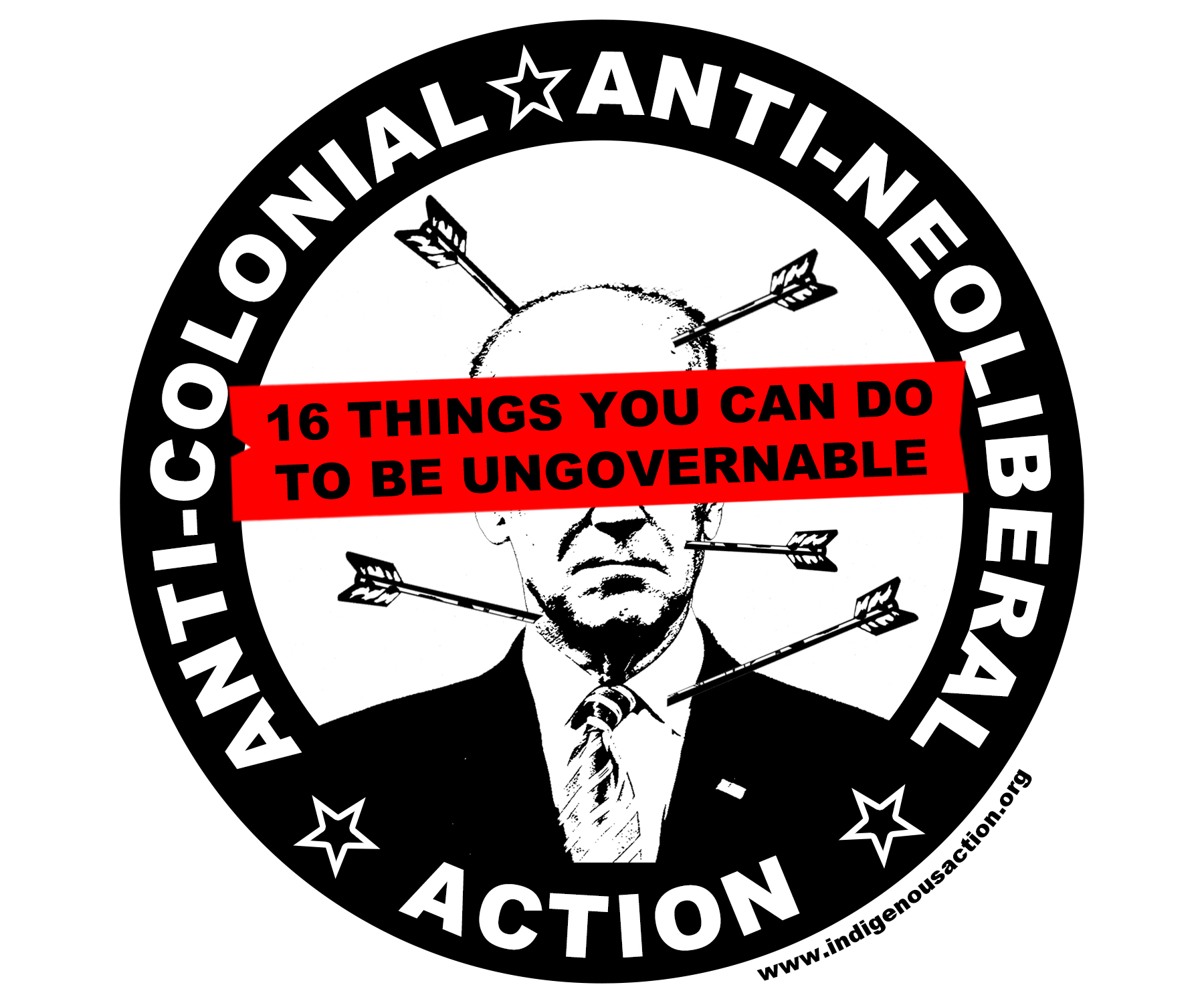
By Andrew Curley | Diné | www.dinesituation.blogspot.com
On March 6, 2015 the American Civil Liberties Union (ACLU) officially sided with the Washington Redsk*ns over its right to keep the offensive team name. Not only did they release a press statement claiming the Redsk*ns were in the right, they even filed an amicus brief alongside the 1.6 billion dollar corporation in a counter-suit against five Native American activists who challenged the Redsk*ns name in the United States Patent & Trade Organization.
ACLU muddied the water on the movement to Change the Name and made it a First Amendment issue when it is in fact a human rights concern. They erroneously claimed that the government is clamping down on free speech when in fact the United States Patent and Trade Office are using authority Congress gave them to refuse the right to patent offensive an obscene material. They are also fulfilling in small part the U.S. government’s obligation to protect the human rights of indigenous peoples.
But the ACLU objects to the government’s ability to regulate “decency” in trademarks. This limits the stakes of the issue from the protection of human rights of indigenous peoples to an issue on par with the broadcasting of expletives or halftime wardrobe malfunction.
In the case Pro-Football Inc., v. Amada Blackhorse et al., the ACLU defends the disempowerment and dehumanization of Native peoples as an unquestioned right of Pro-Football Inc., the company that owns the Washington Redsk*ns. Even when it’s wrong, it’s in their right to be wrong the ACLU claims. This puts the issue clearly in the realm of free speech. But they miss the gravity of the question and how it is fundamentally not a free speech issue.
When a people are systematically targeted and dehumanized, as is clearly the case in calling Native Americans “redsk*ns,” it’s on par with Nazi propaganda against Jews. During the Nuremberg trials, U.S. prosecutors clearly linked Nazi media with war crimes. But they never turned the lens of scrutiny on the United States. In our case, the term “redsk*n” has a long history of dehumanizing Native Americans. This dehumanization correlates with theft, collective punishment, and violence against the continent’s indigenous peoples. In short, the term redsk*n and state violence fit hand in glove.
But for the ACLU, denying the Pro-Football Inc. its racist trademark is the same as coercive denial of speech. The ACLU warns of “the government” clamping down on speech in the form of the U.S. Patent and Trademark Office (PTO) revoking the team’s registered trademark because of its offensiveness. The ACLU equates trademarking with freedom of speech and the PTO’s denying of a patent with coercion. This is a huge leap in logic for the ACLU and one that ignores the real legacy of violence wrought on indigenous peoples.
In their amicus brief, they quote the 1950 case, Am. Commc’ns Ass’n v. Douds, and suggest, “under some circumstances, indirect ‘discouragements’” such as denying a patent “have the same coercive effects” as “imprisonment, fines, and injunctions.” In other words indirect financial burden in the exercise of speech through any government institution, whether the police confiscate your printing press or PTO denies a patent because of its blatant racism, for the ACLU the effects are all the same.
But the operative phrase they quote and ignore is that only “under some circumstances” (my italics) are these tactics the same as coercion. Certainly not under all circumstances is it coercion. And clearly this is not one of those circumstances. We are not talking about a small start up company satirizing a much bigger competitor, a scenario ACLU described in the brief. We are talking about an organization in the heart of the U.S. federal capital Forbes values at $1.6 billion that refuses to change its racist name under any circumstances. This leaves little recourse for Native activists but to appeal to decency standards in patent and trademarking office.
Even winning this appeal is not a guarantee that Pro-Football Inc. will change its team name. The U.S. government is not saying they can’t call themselves “redsk*ns,” they are just saying they can’t trademark it. So it’s only in the interest of protecting Pro-Football Inc.’s right to make a profit that the ACLU protects.
Also, in the practice of speech it is important to think about who are the actors and what are the resources at their disposal. The guarantee of freedom of speech that is outlined in the U.S. Constitution was meant to protect much less powerful individuals from the power of the government’s institutions to silence them. When the First Amendment was passed corporations weren’t as powerful as they are today. Now they have more resources than some governments and reflect a global inequality Oxfam International documented that showed half of global wealth is owned by one percent of the population.
“…this does not prevent Dan Snyder or anyone associated with Pro-Football Inc. from saying the word “redsk*n” in public, print or any other form of speech. It just prevents them from trademarking it.”
In this environment, Native American tribal governments or individuals have little recourse but to appeal to progressive federal laws and institutions. These include laws that allow for the PTO to revoke a trademark based on its offensiveness. Again, this does not prevent Dan Snyder or anyone associated with Pro-Football Inc. from saying the word “redsk*n” in public, print or any other form of speech. It just prevents them from trademarking it. Therefore we should reject the claim that making the $1.6 billion Washington Redsk*ns change their name is a financial burden equivalent with coercion.
The ACLU needs to take a more nuanced stance on First Amendment issues as they pertain to patents and trademarks and should also take into consideration the relative financial power of the individuals, groups or corporations under question. Ultimately, trademarks are already sketchy intrusions into the larger question of “freedom of speech” because their premise is to award private individuals, groups, or corporations the rights to words and associations and prevent others from using it.
The ACLU should also recognize that the PTO’s denial of the Redskin’s trademark simply prevents the company from making money on the dehumanization of Native Americans. This is a small recognition on part of the U.S. government that such dehumanization is morally wrong. It is part of a history of propaganda to suggest indigenous peoples don’t deserve basic civil and human rights. The use of the term goes back centuries and was used during times of government violence against Native Americans. Today it contributes to a general attitude that violence against Native peoples is okay. This should recall lessons from Nuremberg that propaganda is at times criminal.
In their amicus brief the ACLU skirted the larger moral concern about the dehumanization of Native peoples in their rigid, absolute and questionable interpretation of the First Amendment as it pertains to a racist trademark. What I’m suggesting here is that the Redsk*ns case is not a free speech issue, it’s a human rights concern. In the post-War language on human rights derived in part from the Nuremberg trials, the U.S. government has the obligation to prevent violence against Native peoples. It’s a signatory on the International Convention on the Elimination on All Forms of Racial Discrimination. In denying the Pro-Football Inc. its trademark on “redsk*ns,” it fulfilled a very small part of that obligation. The ACLU should recognize that Native peoples, not the 1.6 billion dollar corporation are the real actors in need of protection.
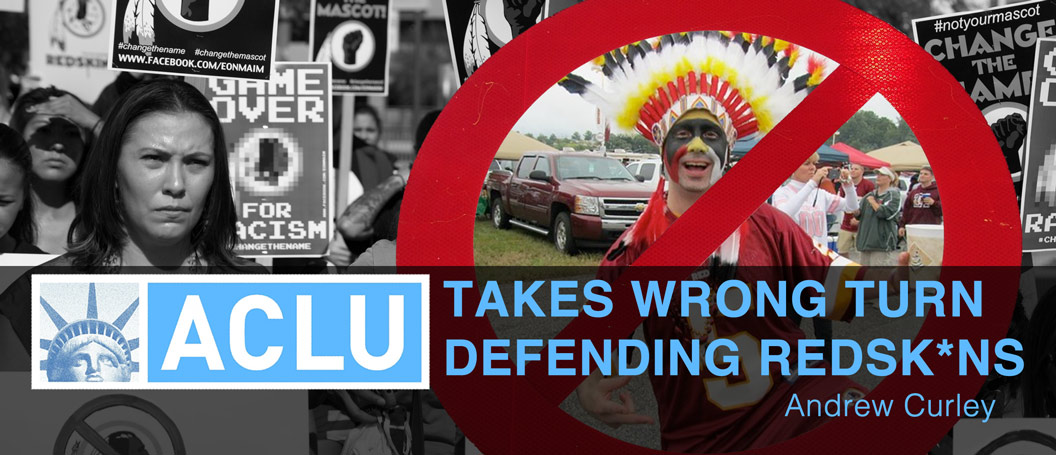

 Commentary & Essays11 years ago
Commentary & Essays11 years ago
 anti-colonial5 years ago
anti-colonial5 years ago
 Feature Front2 years ago
Feature Front2 years ago
 anti-colonial5 years ago
anti-colonial5 years ago
 #nonukes12 years ago
#nonukes12 years ago
 anti-colonial4 years ago
anti-colonial4 years ago
 #nonukes15 years ago
#nonukes15 years ago
 #policestate5 years ago
#policestate5 years ago
